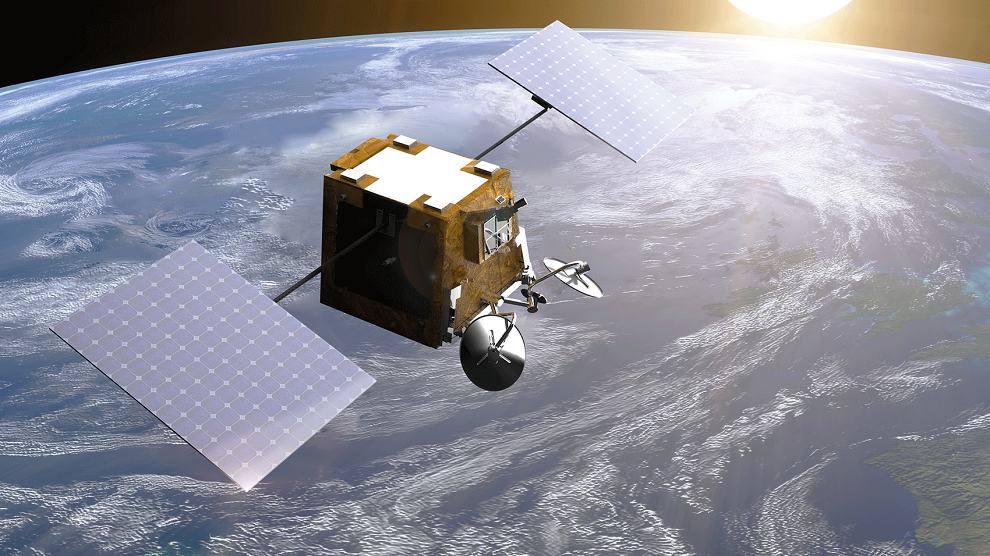Eutelsat Group has announced that its first generation of more than 600 satellites in Low Earth Orbit (LEO) has achieved a platinum rating in the Space Sustainability Rating (SSR), marking a significant recognition of the company’s commitment to responsible space utilization.
First imagined at the World Economic Forum (WEF), the rating’s aim is to reduce the creation of space debris, limit the risk of satellite collisions, and help ensure space operations are managed safely and sustainably.
An international consortium developed the methodology behind the rating including experts from the European Space Agency, the Massachusetts Institute of Technology, BryceTech and the University of Texas at Austin. eSpace – EPFL Space Center was chosen to operationalize the SSR and lead its implementation in the hope of recognizing the space sustainability efforts of different space actors, as well as recognizing compliance and encouraging better-than-required behaviors.
The SSR rating is based on six modules, including: Mission Index, which calculates the impact of spacecraft on operational risk; Collision Avoidance Capabilities; Data Sharing; Detectability, Identification and Trackability; Application of Design and Operation Standards; as well as the use of future External Services.
By surpassing the 80% threshold, resulting in the highest-level rating, a platinum-level Space Sustainability Rating score, Eutelsat Group’s achievement underscores the Group’s dedication to prioritizing sustainable design and operations of the constellation.
“With our increased presence in both LEO and geostationary orbit (GEO), we remain committed to the sustainable and responsible use of space,” said Eva Berneke, CEO of Eutelsat Group. “We are honored to receive SSR’s recognition and congratulations to the entire team for their hard work and dedication to sustainable and safe operations.”












